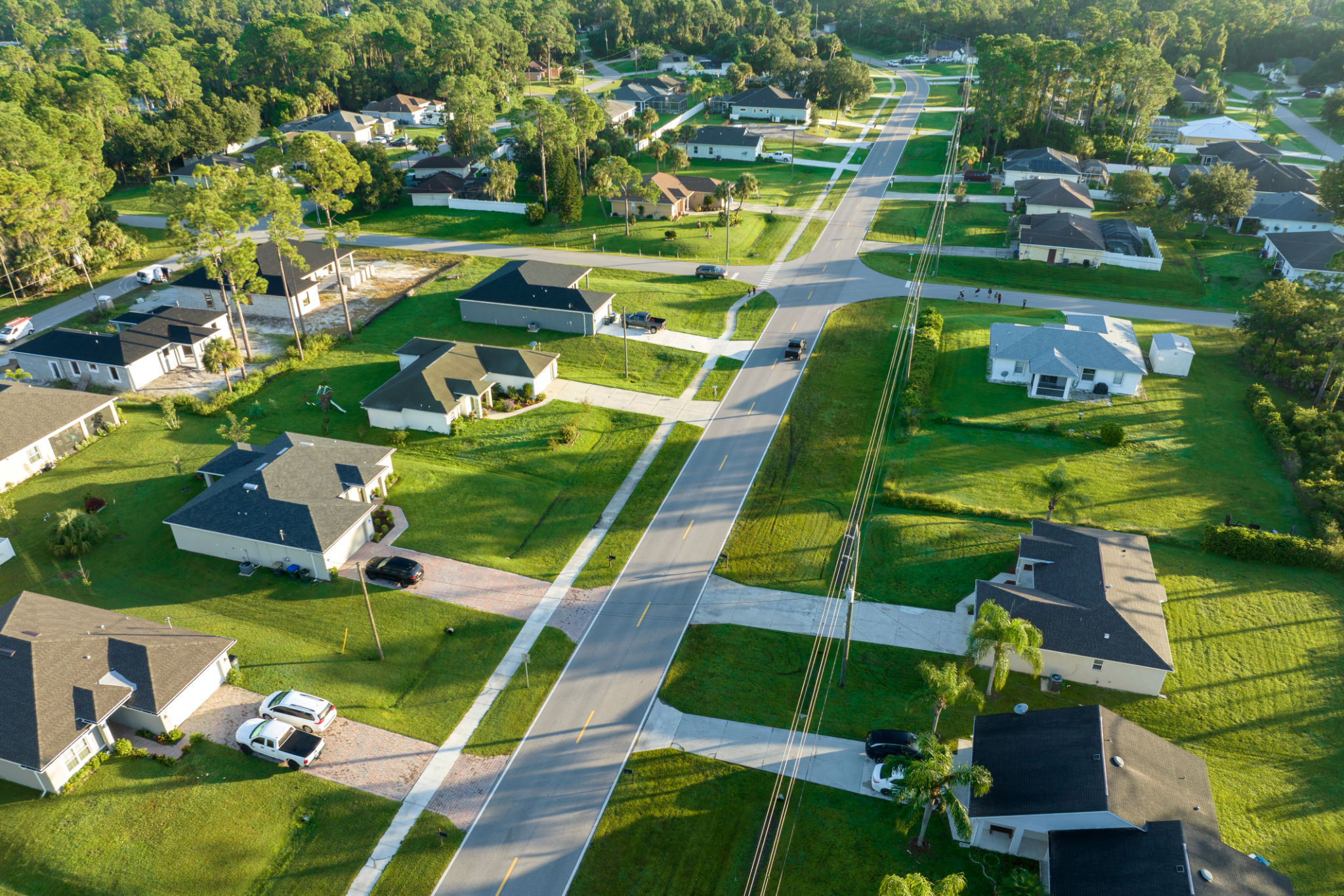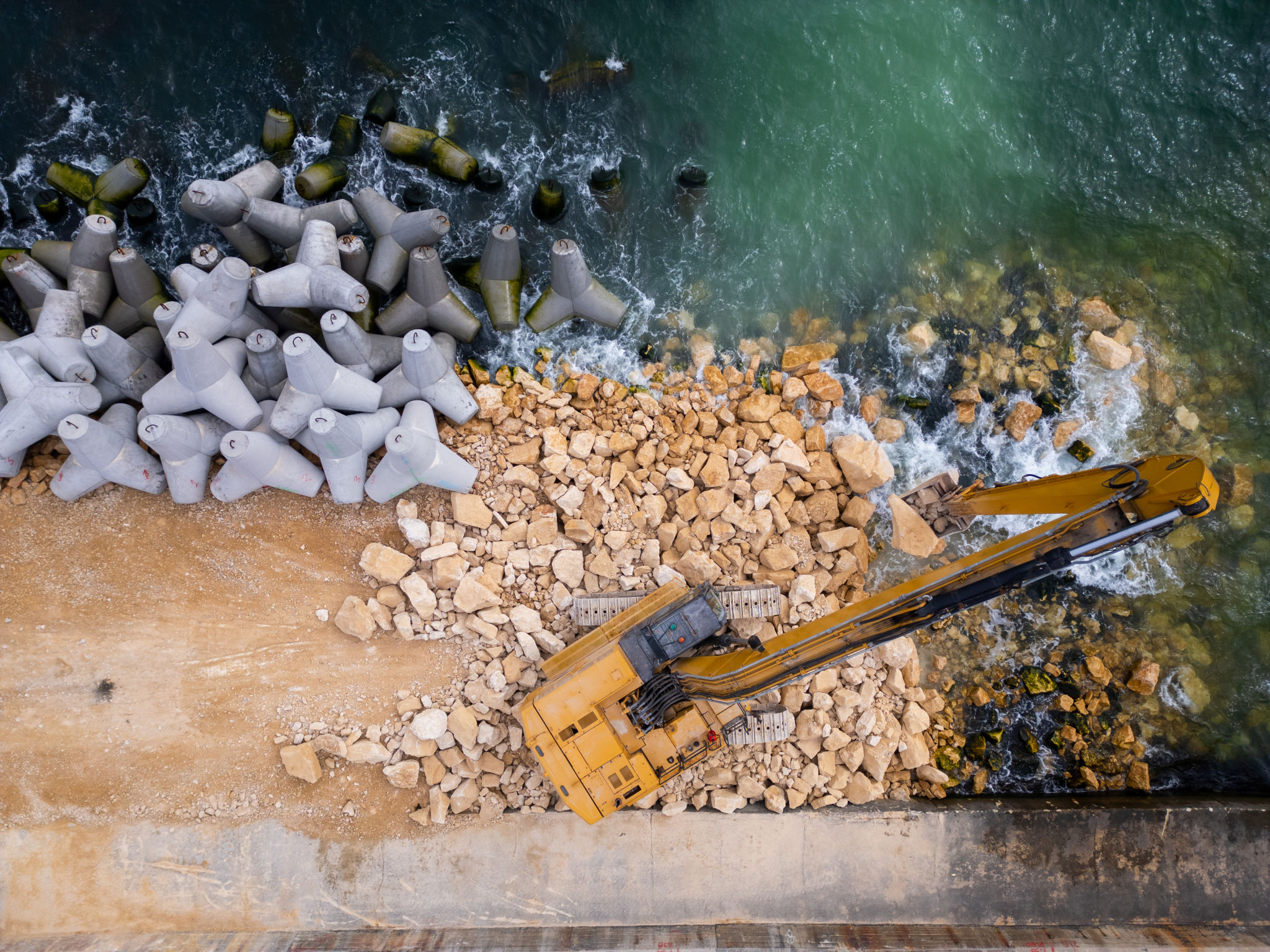Understanding Florida's Building Codes: What Homeowners Need to Know
Introduction to Florida's Building Codes
Florida's building codes are among the most stringent in the United States, primarily due to the state's vulnerability to hurricanes and other severe weather conditions. Understanding these codes is crucial for homeowners looking to build, renovate, or purchase a home in Florida. Compliance ensures not only the safety of residents but also the preservation of property value.

The Basics of Florida Building Codes
Florida’s building codes are comprehensive regulations that cover all aspects of construction, from design to materials and safety features. These codes are updated every three years to incorporate new technologies and methods. Homeowners must ensure that any construction or renovation project adheres to the latest code requirements to avoid penalties and ensure their insurance remains valid.
Key Areas Covered by the Building Codes
The Florida Building Code (FBC) addresses several critical areas, including:
- Structural Integrity: Ensuring buildings can withstand high winds and seismic activity.
- Energy Efficiency: Standards for insulation, windows, and HVAC systems.
- Plumbing and Electrical Systems: Safety standards for installation and maintenance.
- Fire Safety: Requirements for smoke detectors and fire-resistant materials.
Special Considerations for Coastal Areas
Homeowners in coastal areas must adhere to additional regulations due to the increased risk of flooding and hurricane damage. This includes elevated building foundations and the use of impact-resistant materials. Understanding these additional requirements can help homeowners make informed decisions about their property's design and location.

Wind-Resistant Construction Requirements
One of the most significant aspects of Florida's building codes is the requirement for wind-resistant construction. This means using reinforced materials and construction techniques that help structures withstand hurricane-force winds. Homeowners should work with contractors experienced in these methods to ensure compliance and safety.
Renovations and Code Compliance
When undertaking renovations, homeowners must ensure that all work complies with current building codes. This is particularly important for older homes that may not have been constructed under the latest standards. Renovations offer an opportunity to update systems to meet energy efficiency and safety requirements, enhancing both comfort and property value.
Permitting Process
Before starting any construction or renovation project, homeowners must obtain the necessary permits from local authorities. The permitting process ensures that all work meets current building codes and is inspected at various stages. Failure to secure proper permits can result in fines and may complicate future sales of the property.

Staying Informed and Finding Resources
Keeping up-to-date with changes in Florida's building codes is essential for homeowners. The Florida Building Commission’s website is a valuable resource for accessing the latest code updates and guidelines. Additionally, consulting with licensed contractors and architects can provide insights into best practices for code compliance.
Understanding and adhering to Florida's building codes is not just about legal compliance; it's about ensuring the safety, efficiency, and longevity of your home. By staying informed and working with knowledgeable professionals, homeowners can navigate these regulations with confidence.
